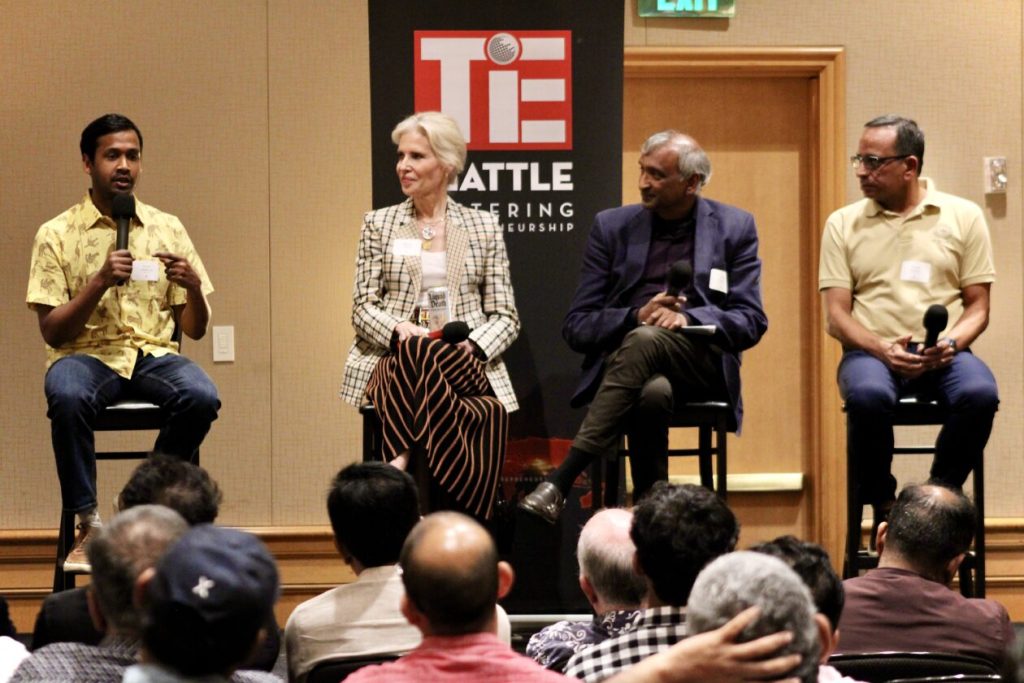AI startups are becoming more prevalent in the venture funding landscape, with 40% of total venture funding in May going to such companies. However, caution is advised when founders and CEOs talk about their company’s use of AI in pitches to investors. Vivek Ladsariya, managing director at Pioneer Square Labs, warns that over-branding in AI can make a company seem unserious and untrustworthy to both investors and customers. Heather Redman, co-founder and managing partner at Flying Fish, agrees that incorporating AI into a company’s strategy is important, but exaggerating its role can lead to a loss of credibility.
Vikram Chalana, CEO of Pictory.ai, acknowledges this advice but points out that his company, which specializes in automating video creation, actually has AI in its domain name. He emphasizes that solving a customer problem should be the central focus of any AI product or service. Ladsariya further emphasizes the importance of focusing on what a company can do for customers rather than just highlighting the technology itself. These insights highlight the need for a balanced approach when discussing AI in the startup world.
Flying Fish has been focused on AI as a core thesis for the past eight years, targeting founders and teams with AI backgrounds. Redman mentions that having a PhD on the team is not a strict requirement but is certainly beneficial. Anoop Gupta, CEO of SeekOut, mentions that companies do not necessarily need AI experts to capitalize on generative AI. He believes that smart engineers and computer scientists can learn how to work with AI effectively without needing deep prior experience.
Chalana and Gupta both agree that practical experience and problem-solving skills are crucial for success in the AI space, even if a person does not have a specialized AI background. Chalana points out that the best generative AI engineer on his team is a 26-year-old software developer, showcasing that age or formal education in AI may not always be the determining factor for success in the field. These perspectives shed light on the varied paths to success in the AI startup ecosystem.
Overall, the consensus among the panelists is that while AI is an important component for many startups today, it should not be overemphasized in pitches to investors. Startups should focus on solving real customer problems rather than just leveraging the buzz around AI technology. The ability to effectively communicate the value that AI brings to the table, without overselling its capabilities, is key to building trust with investors and customers alike. By striking a balance between showcasing AI expertise and delivering tangible customer solutions, startups can navigate the competitive landscape and carve out their niche in the evolving AI industry.


